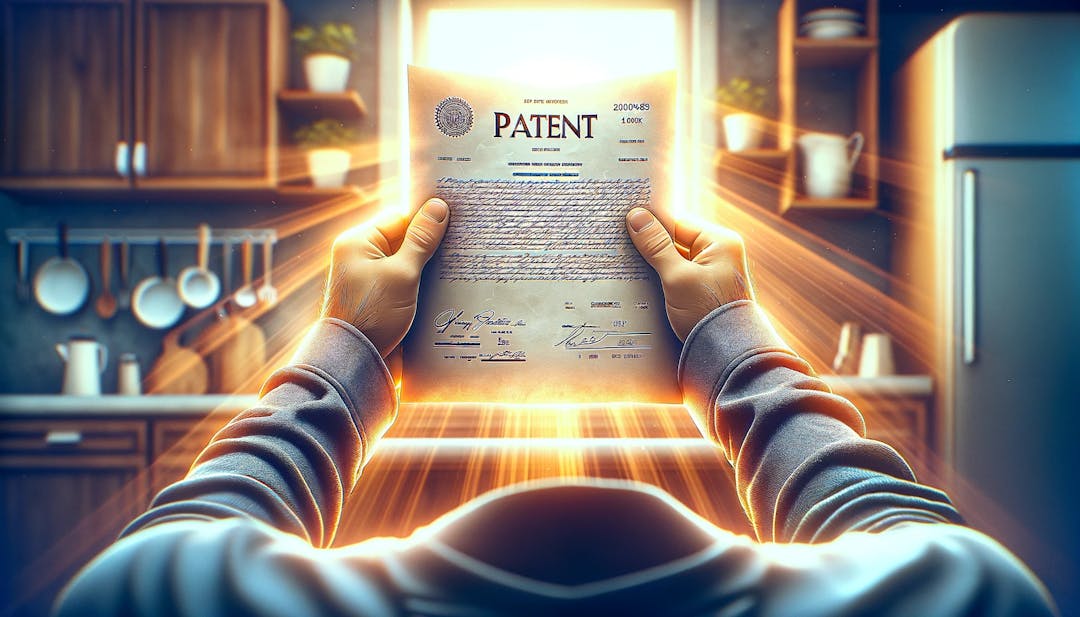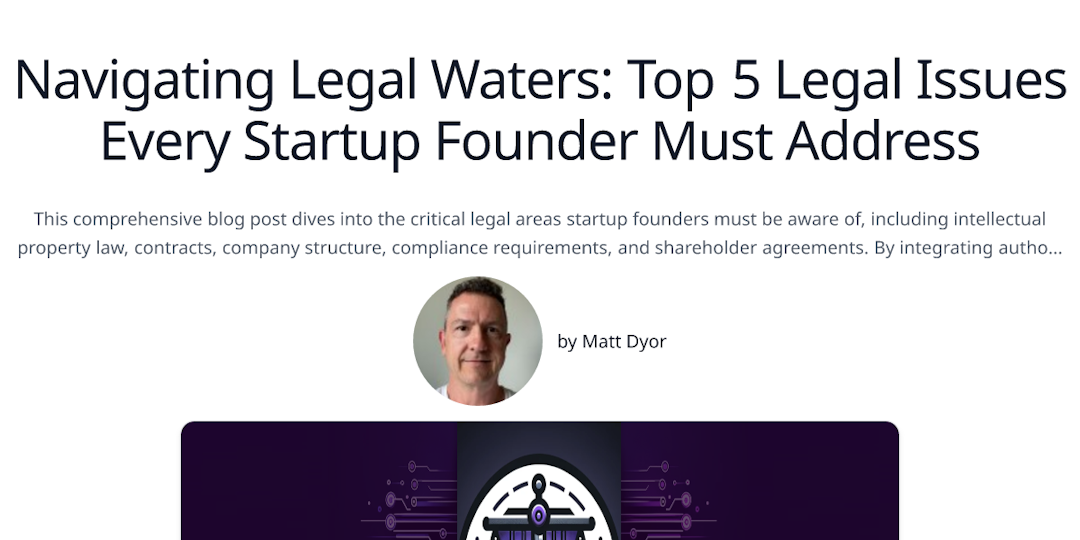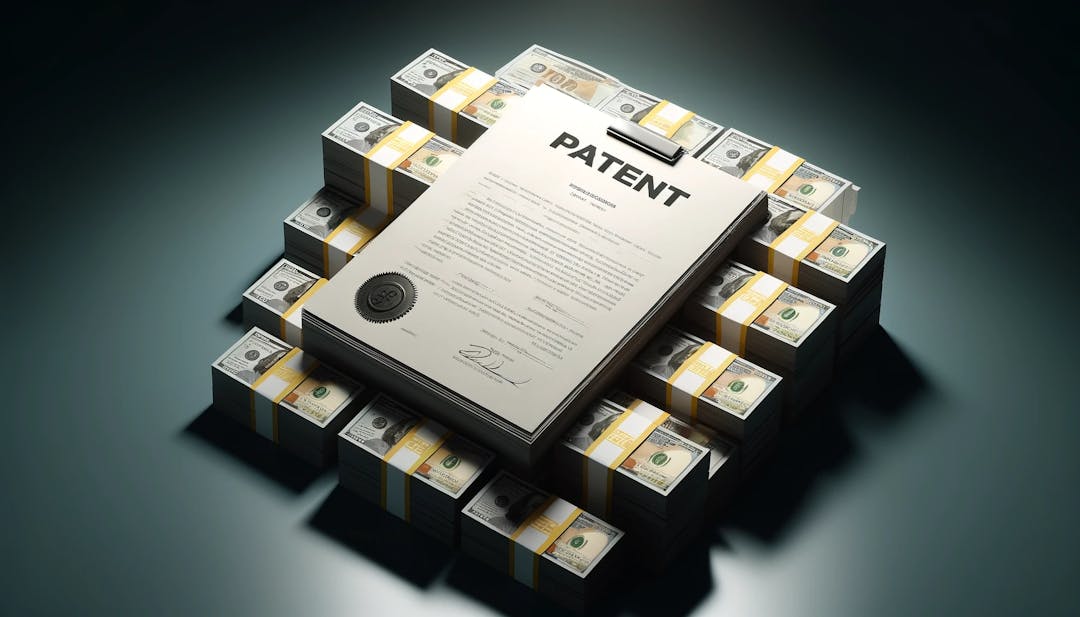In an era where technological advancement and innovation are at the forefront, understanding the dynamics of patent sales has never been more critical. Patents not only serve as a shield protecting your intellectual property but also as a significant asset that can be leveraged in the global market. With the right approach and knowledge, selling a patent can unlock differentiated value for inventors. However, the landscape of modern patent sales is complex and demands a keen understanding of several crucial factors.
Which Inventions Have the Edge?
Not all inventions are created equal in the eyes of potential buyers. The current market shows a preference for patents in burgeoning technologies such as artificial intelligence, biotechnology, and green energy solutions. Patents in these areas tend to attract more interest due to their potential for widespread application and their promise of future profitability. However, the strength of the patent, the breadth of the claims, and the potential for market disruption are pivotal considerations that can make any patent valuable, regardless of the field. To gain insights into the latest trends in patentable technology, visiting authoritative sources like the United States Patent and Trademark Office ↗ and LeanFounder ↗ can be help you understand the legal underpinnings of Licensing.
Commercialization: How Much is Enough?
One of the most pressing questions for inventors is the degree of commercialization necessary to make a patent attractive to buyers. While having a market-ready product can significantly enhance the value of a patent, it's not always a prerequisite. The key lies in demonstrating the patent's potential for commercialization. This can include everything from prototypes and proof of concept to market analysis and preliminary business models. Essentially, buyers need to see a clear path from patent to profit and it is your responsibility to make this path clear and obvious to your potential buyers.
Navigating the Sale
The process of selling a patent can be intricate. It requires strategic planning, from deciding when to sell to choosing the right buyer and negotiating terms that reflect the true value of your invention. Engaging a legal expert specializing in intellectual property can provide a competitive advantage. Legal professionals not only help in accurately valuing your patent but also in navigating the complexities of patent law, ensuring the transaction aligns with your best interests. I recommend working with a patent broker to help you understand the process and to connect you with potential buyers. One patent broker I have worked with in the past and can highly recommend is Louis Carbonneau of Tagible IP ↗. https://tangibleip.biz/louis-carbonneau ↗
Conclusion: Making Your Move
The journey to selling a patent is fraught with challenges but equally laden with opportunities. Understanding what types of inventions are in demand, how much commercialization is necessary, and strategically navigating the sale process are pivotal steps towards success. When armed with the right knowledge and the support of experienced legal counsel, inventors can confidently step into the world of patent sales, unlocking the true potential of their ingenuity.
For those contemplating a patent sale or seeking to understand more about the value of their intellectual property, the next step is clear. Engaging with a legal professional specialized in patents can illuminate the path forward, ensuring that your intellectual achievements translate into tangible rewards. To explore your options and craft a strategy that suits your unique invention, schedule a call ↗ with us today. Let's navigate the complexities of modern patent sales together, turning your visionary inventions into lucrative assets.





















